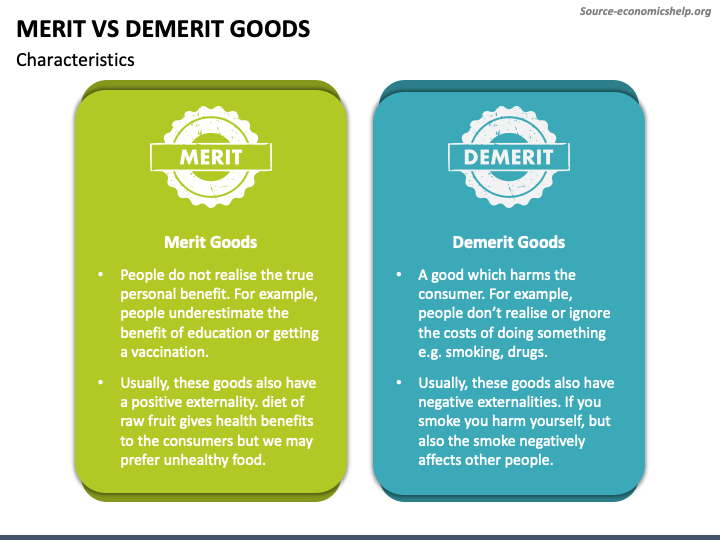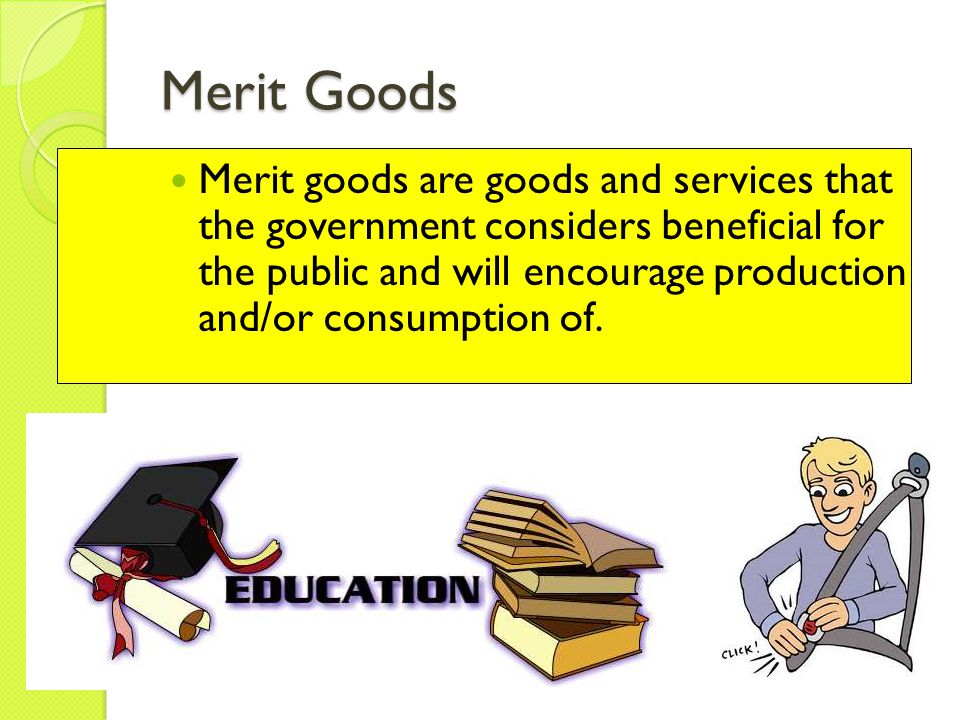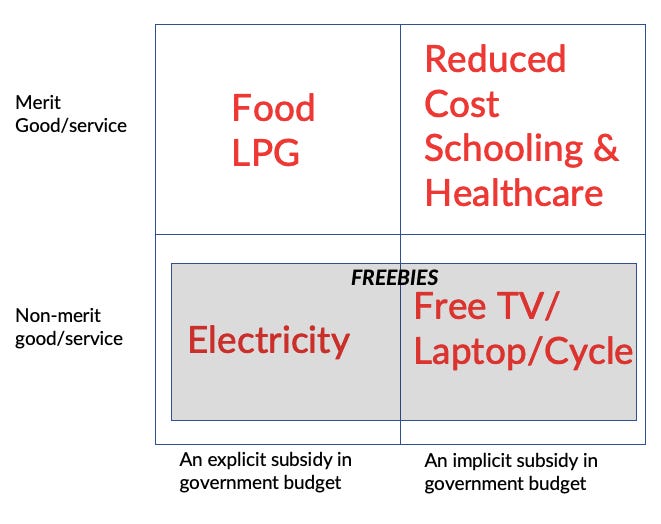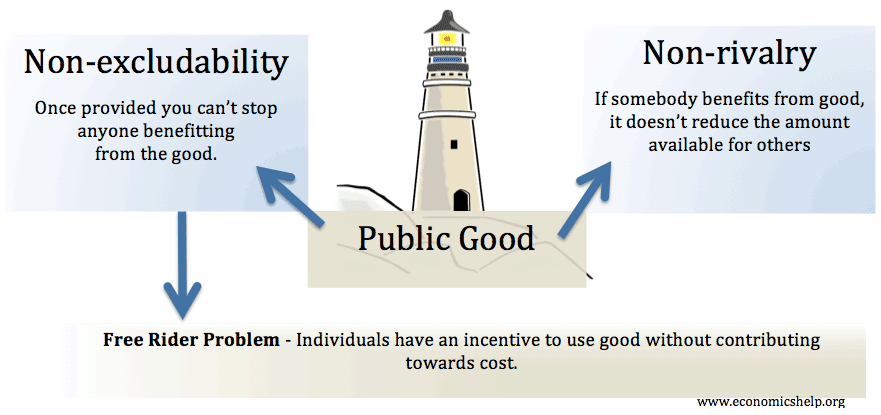Merit goods are goods and services that are considered to be socially desirable and whose consumption is deemed to be in the best interests of society as a whole. These goods and services are often provided by the government, either directly or through subsidies to private producers, in order to ensure that they are accessible to all members of society, regardless of their ability to pay.
One example of a merit good is education. Education is generally considered to be essential for the personal and professional development of individuals, and for the overall economic and social development of a country. It is therefore often provided by the government through publicly funded schools and universities, or through subsidies to private educational institutions.
Another example of a merit good is healthcare. Access to quality healthcare is essential for the well-being of individuals and for the overall health of a society. In many countries, healthcare is provided through a mix of publicly funded and private providers, with the government providing subsidies to ensure that healthcare is affordable and accessible to all members of society.
In contrast to merit goods, which are considered to be socially desirable, demerit goods are goods and services that are considered to be socially undesirable due to their negative effects on individuals or society. Examples of demerit goods include tobacco, alcohol, and illegal drugs, which can all have negative impacts on the health and well-being of individuals and society.
The provision of merit goods and services is often justified on the grounds that they promote the common good and contribute to the overall well-being of society. However, there can be debate over which goods and services should be considered merit goods, and how they should be funded and provided. Some argue that the government should have a limited role in the provision of merit goods and services, while others believe that the government has a responsibility to ensure that all members of society have access to these goods and services.
In conclusion, merit goods are goods and services that are considered to be socially desirable and essential for the well-being of individuals and society. Examples of merit goods include education and healthcare, which are often provided by the government in order to ensure that they are accessible to all members of society. The provision of merit goods can be a controversial issue, with debates over which goods and services should be considered merit goods and how they should be funded and provided.







